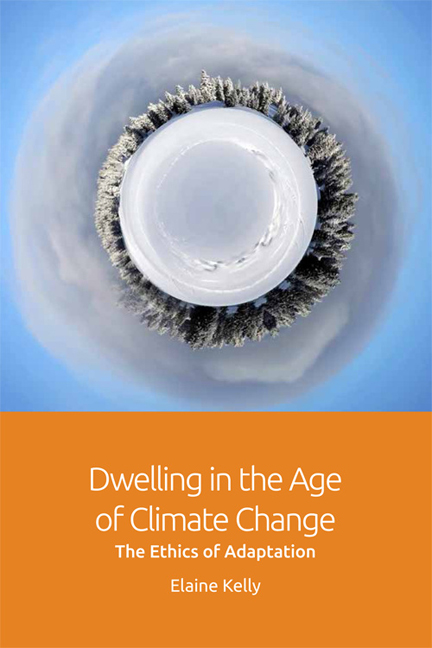Introduction
Published online by Cambridge University Press: 29 April 2021
Summary
How to distinguish between two disadjustments, between the disjuncture of the unjust and the one that opens up to the infinite asymmetrical relation to the other, that is to say, the place for justice. Not for calculable and distributive justice. Not for law, for the calculation of restitution … Not for calculable equality, therefore, not for the symmetrizing and synchronic accountability or imputability of subjects or objects, not for a rendering justice that would be limited to sanctioning, to restituting, and to doing right, but for justice as incalculability, of the gift and singularity of the an-economic ex-position to others.
Jacques DerridaEXCEEDING CALCULATION: THE ETHICS OF ADAPTATION
It is tempting to argue that the international response to climate change is devoid of ethics. In one fell swoop I could contend that we have made no progress, are doing nothing and are completely at the whim of an out-of-control global economic agenda that threatens to annihilate us all in the pursuit of a minority of (extremely wealthy) interests. After all, the actions that have been taken globally in the name of mitigation have fallen well short of what is needed to prevent dangerous climate change. Indeed, global emissions of CO2 have climbed by 2.5 per cent annually since the turn of the new millennium (Friedlingstein et al. 2014). It seems that we are blindly hurtling towards our extinction. It would not be unreasonable to wonder, then, if we have lost our ethical bearings. Naomi Klein has forcefully highlighted our collective inertia, reminding us that climate change is ‘an emergency, a present emergency, not a future one, but we aren't acting like it’ (2016: 14). Klein is certainly right: the consequences of global warming are real and urgent and we, or at least we in the Global North, continue to be disconnected from this fact.
Insufficient international action does not, however, map onto a lack of available ethical norms. Despite appearances, our ethical imagination is alive. For decades, political leaders, international and domestic NGOs, scientists, activists, religious leaders and others have been developing and implementing extensive frameworks and programmes aimed at addressing the issue, cognisant of the importance of ethics alongside political, economic and legal concerns.
- Type
- Chapter
- Information
- Dwelling in the Age of Climate ChangeThe Ethics of Adaptation, pp. 1 - 14Publisher: Edinburgh University PressPrint publication year: 2018



